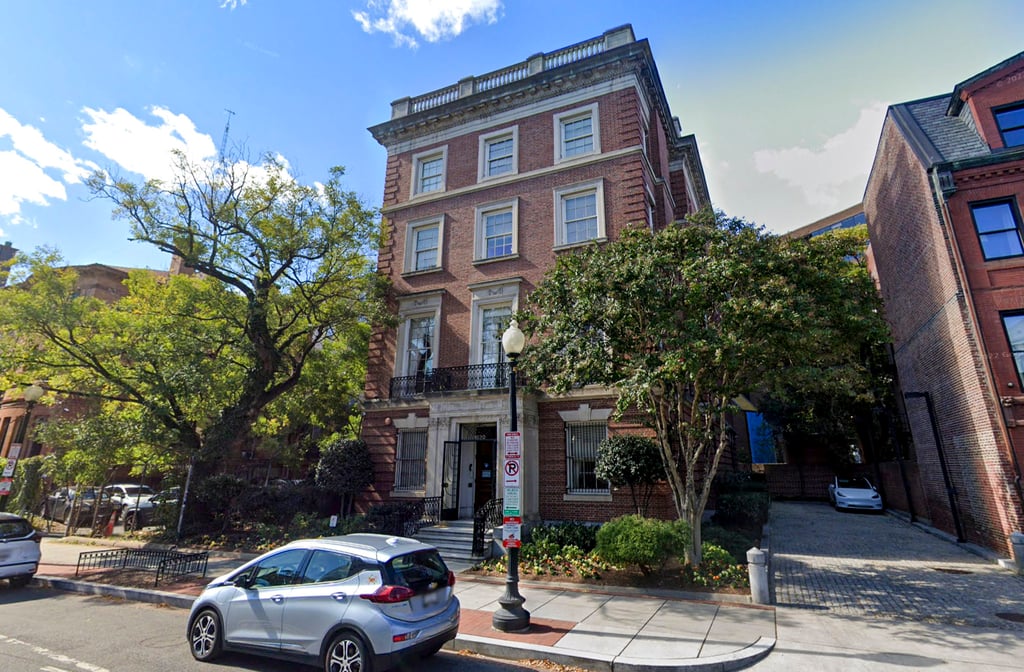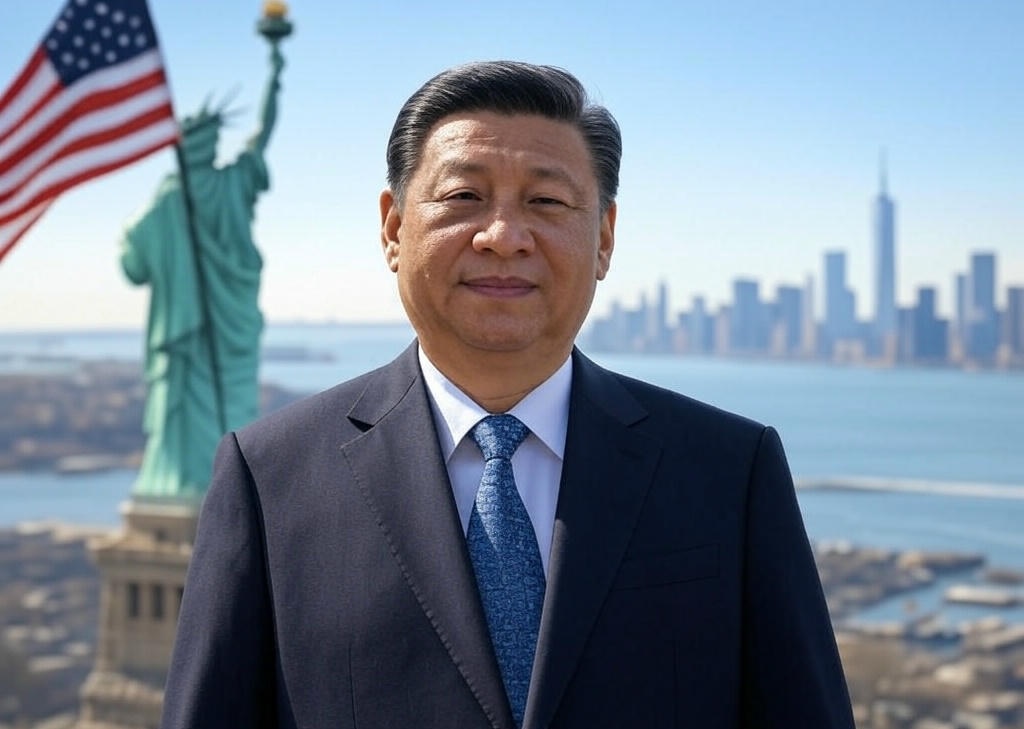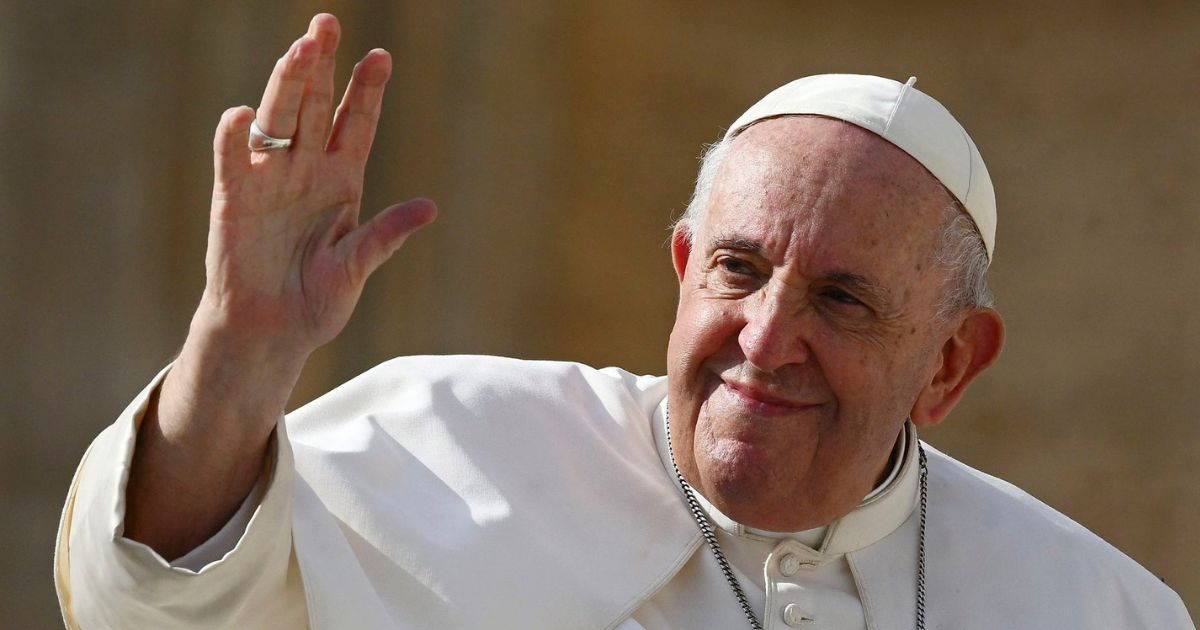Members of the United States Congress have once again introduced a bill calling for the closure of Hong Kong’s Economic and Trade Offices (HKETOs) in the U.S., prompting a strongly worded rebuke from the Hong Kong government. Reactions among Hongkongers residing in the U.S. have been mixed. Against the backdrop of ongoing tensions between China and the U.S., the move is seen as further pressure from Washington regarding Hong Kong’s autonomy and human rights situation, raising concerns that bilateral relations may further deteriorate.
U.S. Lawmakers Reignite Debate over Hong Kong’s Autonomy
On 8 April 2025, U.S. Representatives Chris Smith and James McGovern reintroduced the Hong Kong Economic and Trade Office Certification Act, which mandates the U.S. State Department to reassess Hong Kong’s semi-autonomous status. The bill also requires the President to justify to Congress whether the three HKETOs—in Washington, D.C., New York, and San Francisco—should continue to enjoy diplomatic privileges. In his statement, Smith asserted that HKETOs once represented a vibrant city rooted in freedom and human rights, but that “the Hong Kong we knew no longer exists.” He further alleged that the offices have been used to spread Chinese Communist Party propaganda and to monitor Hongkongers living in the U.S.
This legislation builds upon a previous version introduced in 2023, which passed a Senate committee but never reached a full chamber vote. In September 2024, a similar bill passed the House with an overwhelming vote of 413 to 3 but stalled in the Senate. The bill’s reintroduction signals sustained Congressional concern over developments in Hong Kong.
Hong Kong Government Condemns Bill, Accuses U.S. of Political Meddling
The Hong Kong government swiftly responded on 9 April, issuing a statement “strongly condemning” the U.S. move, denouncing the bill as a politically motivated attempt to discredit Hong Kong’s national security laws and human rights record. The statement accused American lawmakers of “gross interference” in Hong Kong’s internal affairs, in violation of international law and diplomatic norms.
Officials insisted that the HKETOs have long served as vital platforms for fostering normal economic, trade, and cultural exchanges between Hong Kong and the U.S., and warned that their closure would “seriously undermine” bilateral relations. They characterised the bill as a “malicious attack” and a politically orchestrated attempt to tarnish Hong Kong’s international image. The government reiterated its commitment to “telling the good Hong Kong story” through its overseas offices and urged the U.S. to cease interfering in Hong Kong matters.
Mixed Reactions Among Hongkongers in the United States
Among Hongkongers living in the U.S., opinions on the bill remain divided. Pro-democracy activists largely welcomed the move, viewing it as an important check on both the Hong Kong and Beijing governments. Anna Kwok, Executive Director of the Hong Kong Democracy Council, who is also on the Hong Kong government’s wanted list, released a statement on 9 April describing the bill as “a necessary response to the Hong Kong authorities’ blatant human rights violations.” Kwok, an outspoken advocate for Hong Kong issues in the U.S., argued that shutting down the HKETOs would curtail the government’s influence and surveillance activities on American soil.
However, many Hongkongers engaged in business and trade expressed concern. Mr. Chan (a pseudonym), a Hong Kong entrepreneur operating an import-export business in New York, said the HKETOs have played a crucial role in connecting Hong Kong businesses with American partners. “We often rely on the trade offices for information and support when working with U.S. clients. If they’re shut down, it will definitely hurt our business,” he remarked. Mr. Chan also noted that amidst heightened U.S.-China tensions, the uncertainty facing Hong Kong businesses is already growing, and the bill could exacerbate the situation further.
Ms. Lee (a pseudonym), a Hong Kong immigrant living in San Francisco, voiced worries that the bill could harm Hong Kong’s international image and status. “The trade offices are a bridge between Hong Kong and the U.S. If they’re shut down, will people start seeing Hong Kong as no different from mainland China? That would be a huge blow to our global standing,” she said. While acknowledging concerns about human rights, she feared that the closure could make it harder for Hongkongers in the U.S. to maintain connections with their home city.
Context: Mounting U.S.-China Tensions
The controversy comes amid escalating tensions between China and the U.S. On 9 April 2025, President Trump announced a 125% tariff on Chinese goods and a temporary 90-day reduction to a 10% baseline tariff for goods from other countries. In retaliation, China raised tariffs on American products to 84% on 10 April and imposed sanctions on 11 U.S. companies. In this climate, the reintroduction of the HKETO bill is widely viewed as yet another form of pressure on Beijing and Hong Kong.
Hong Kong authorities have also voiced frustration at recent U.S. trade measures. From 2 May, the U.S. will remove small-value duty exemptions on Hong Kong goods and increase postage-related customs duties. The Hong Kong government had previously issued a “strong objection” to these moves, calling them unfair treatment.
Analysis: The Bill’s Prospects and Potential Impact
Analysts believe the bill enjoys considerable support within Congress, but its ultimate passage remains uncertain. Despite the overwhelming House vote in 2024, the Senate’s inaction highlights potential hurdles to implementation. Should the bill pass and be signed into law, the closure of HKETOs would likely hinder economic and cultural exchanges between Hong Kong and the U.S., further straining already fraught ties.
Professor Kenneth Chan of the University of Hong Kong’s Department of Politics commented that the U.S. lawmakers’ move is “more symbolic than substantive.” Still, he warned that if the offices were indeed closed, it could impact Hong Kong’s status as an international financial centre, especially amid a prolonged U.S.-China trade war. He also noted that Hongkongers in the U.S. may lose an important support channel, with implications for their businesses and daily lives.
Conclusion
Well, it seems the U.S. Congress has once again poked the bear—or rather, the lion of Hong Kong—with their latest bill to shut down the HKETOs, and the Hong Kong government is positively fuming! They’ve condemned the move with all the fiery passion of a Brit scorned at a tea party with no biscuits, calling it a “blatant interference” and a “politically driven attack.” Meanwhile, Hongkongers in the U.S. are split: some are cheering the bill as a much-needed jab at the authorities, while others are fretting over their trade ties and Hong Kong’s global image, wondering if this might make their beloved city just another pawn in the U.S.-China chess game. As the bill’s fate hangs in the balance, one thing’s for sure—Hong Kong’s international tightrope walk just got a bit wobblier, and we’ll all be watching to see if they can keep their balance without spilling their cuppa.




